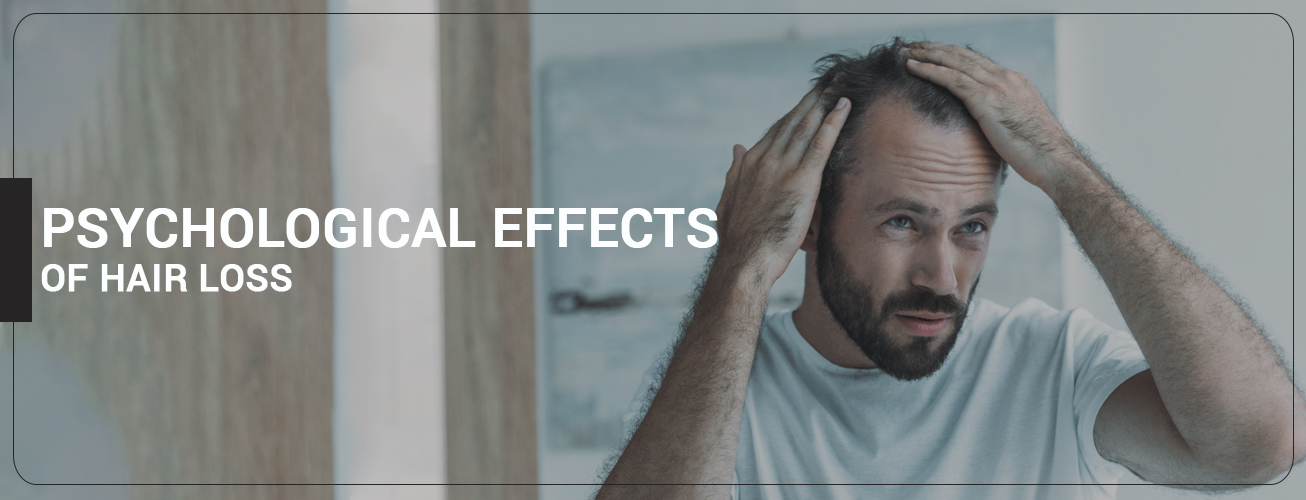
Alopecia has few physical disadvantages, but the psychological impact is major. It has a significant impact on quality of life and on one’s behavior.
Hair is a kind of ego for every person because hair is an unavoidable component of beauty in a person, and when a person gives his/her hair as an offering, it is similar to letting go of your ego. People offer their hair to the gods too. But according to Hindu mythology, no matter how successful or rich a person is, they have to remain humble. So he has to let go of his ego before God. However, hair loss results in a loss of confidence and behavioural changes.
Recent research has shown that the negative effects of hair loss lead to shame, fright, sadness, depression, worrying, frustration, uncomfortable feelings, dissatisfaction with body image, reduced social acceptance, social stress, feelings of helplessness, etc.
Hair loss is a common Dermatological condition that affects both men and women of all ages. Hair loss in advanced age and gradually is not a serious problem, but hair loss before ageing is having an impact psychologically. Even with limited impact on a person’s physical health, hair loss can have significant psychological consequences and severely impair quality of life. Scalp hair speaks a lot silently like "healthy hair" is typically associated with charm, youthfulness, confidence, power, and decision-making in certain conditions.
The experience of hair loss causes disturbances in psychological things, causing intense emotional suffering and often leading to personal, social, and work-related problems. People with severe hair loss are more likely to experience psychological distress than those with mild hair loss. Psychological distress causes more hair fall. Stress is also one of the main reasons that triggers hair fall, and this hair fall leads to more stressful events, causing lots of disturbances in one’s li
The link between hair loss and psychosocial consequences is complicated by a string that is triggered by hair loss that occurs as a result of a stressful experience or life event, which then leads to additional distress, anxiety, and depression.Compared with the general population, people with hair loss have an increased prevalence of psychiatric disorders, including major depressive episodes, anxiety disorders, social phobias, or paranoid disorders.
Patients with baldness at a young age feel that all the problems arising in their lives are due to their baldness, and they think if it is solved, the problems of life will also be solved. Hair loss brings social phobia in surroundings in colleges, work places, personal lives, etc., leading to anxiety and loneliness. Hair loss brings fear, humiliation, and negative judgement in social situations. People start to make fun of them, and they become the subject of jokes in society. Patients with hair loss are victims of marriage problems due to baldness, which gives them a compromised look, and they have to deal with inferiority complexes in Asian society. They fear rejection and feel more deprived. Patients who are suffering from alopecia totalis even loose eyebrows, eyelashes, moustaches, beards, etc. and they keep on changing doctors now and then. They are helpless and feel like some other creature in this world.
Hair loss is common in men, but nowadays it is becoming common in women as well. Many women need to hide their baldness by using non-surgical treatments like hair extensions, wigs, etc. A bald man is sometimes accepted in society, but never a woman. The distress caused by baldness in women is greater than in men, comparatively. Due to social vision towards females being different, it’s a part of emotion in females as there is low cosmetically accepted of bald women. Negativity keeps on increasing in one's life. Hair transplant awareness is required in both genders.